Scars of History
Point of Ignition
In 133 BC, the Kingdom of Pergamon vanished—not in fire, not in battle, but in a silence like the last breath before someone cuts your throat. Attalus III, the last king, signed a document bequeathing his entire kingdom to Rome. No heirs. No resistance.
They say he didn’t like people. Maybe he simply decided that Rome was the only beast capable of swallowing his country quickly and cleanly, without leaving it to rot in the teeth of local petty jackals.
Chronicle of Collapse
Pergamon was a fat slice of Hellenistic Asia Minor. It had libraries, theaters, harbors, coins stamped with the profiles of gods and rulers.
The Attalid dynasty began with warriors, but it ended with a man more interested in alchemy and gardening than in war.
Attalus III, knowing the dynasty would die with him, left his kingdom to Rome in his will.
Rome, of course, accepted the gift—but the gift came with a surprise: Aristonicus, the illegitimate son of Eumenes II.
He proclaimed himself Eumenes III, raised the banner, and promised freedom to slaves and the poor. Cities and villages tired of foreign crowns joined him.
This small civil war lasted four years—133–129 BC. Roman consuls came and went, legions marched and died, until Marcus Perperna captured Aristonicus and sent him to rot in prison.
Ruins of Decisions
Rome gained not just land but its first major foothold in Asia Minor.
Pergamon became the capital of the new province of Asia. The ports of Pamphylia and Lycia began feeding the Roman economy.
For Pamphylia (and future Antalya), this was the start of a slow but irreversible rewiring of infrastructure: roads, aqueducts, garrisons, taxes.
From Pergamon remain stone terraces, library ruins, and the shadow of a will written by a man who chose to die on paper instead of on the battlefield.
Shadows at the Edge of Reason
History likes to show strength at the moment of surrender.
Rome did not march on Pergamon with fire—it simply waited for the lights to go out.
And that light went out in the mind of one man who decided that death was better than the chaos that would follow him.
This was not a victory of an army. It was a victory of an idea: that all it takes is putting pen to paper, and foreign land becomes yours.
From that moment, Rome began devouring the East with a large spoon.
How Did We Get Here
To see the traces of this “will” in person, start with Bergama—the ruins of Pergamon in İzmir Province.
Here you can find remnants of the acropolis, underground galleries, a theater where the fate of the kingdom may have been discussed.
Then head south along the coast to Antalya: the city of Attaleia, founded by Attalus II, became a Roman base by the 1st century BC—a direct consequence of the region being pulled into Rome’s orbit.
The best time to visit is spring, when there are no tourist crowds and you can hear the wind playing through the empty stones.
Echo in the Void
Standing in the shadow of Pergamon’s theater, you realize: there is no difference between conquest and a gift if your name is erased from the map in the end.
Rome did not fight for every meter here. It came when the land lay down at its feet.
And perhaps it is this silent capitulation that leaves the bitterest aftertaste.
#VoiceOfRuins #ScarsOfHistory #Pergamon #AttalusIII #RomanHistory #AsiaMinor #133BC #AnnexationToRome #Pamphylia #Antalya #History








Our Telegram-channel: Voice Of Ruins https://t.me/Voice_Of_Ruins
Our Instagram: Voice Of Ruins https://www.instagram.com/voiceofruins/
Our group on Facebook: Voice Of Ruins https://www.facebook.com/share/g/16aitn9utM/
Our site: Voice Of Ruins https://www.voiceofruins.org

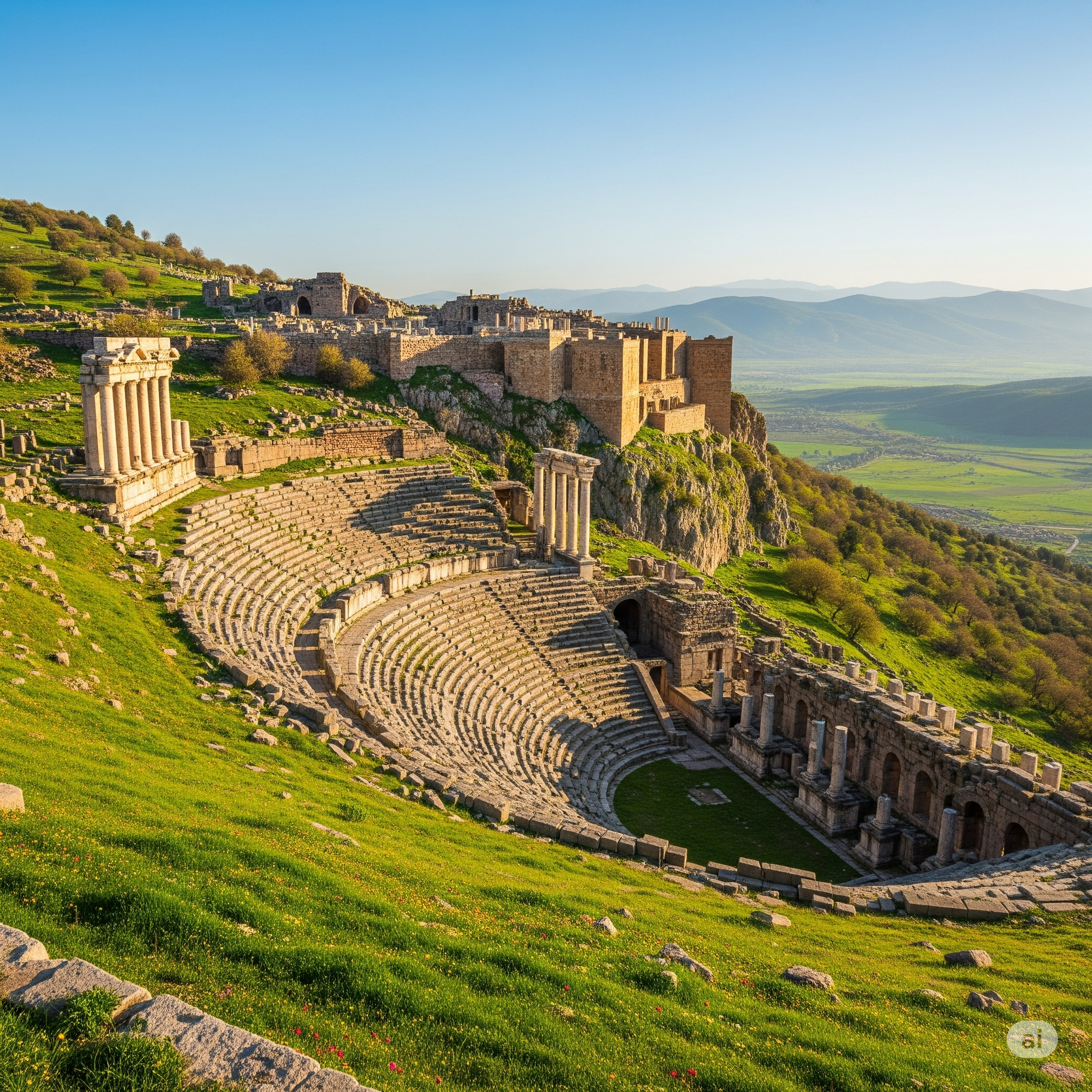
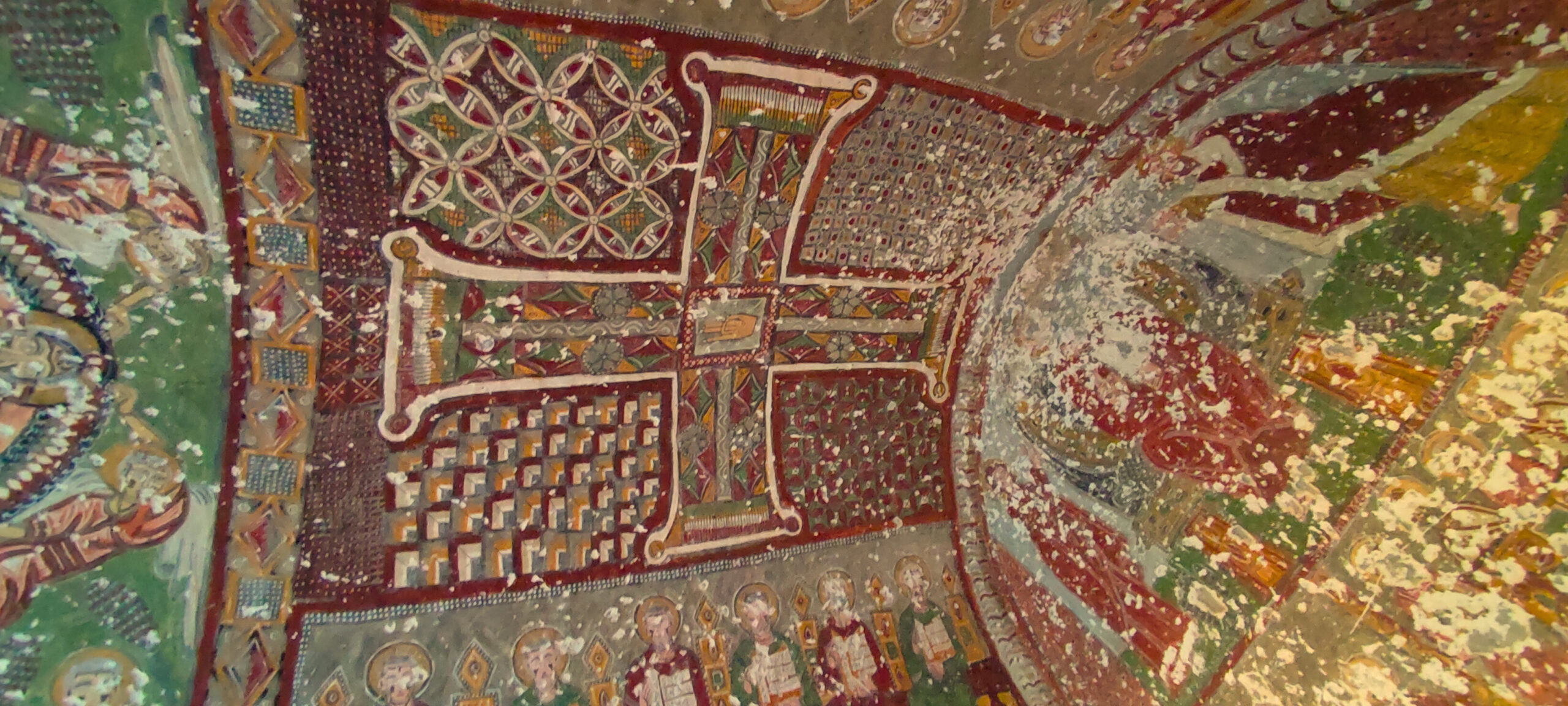
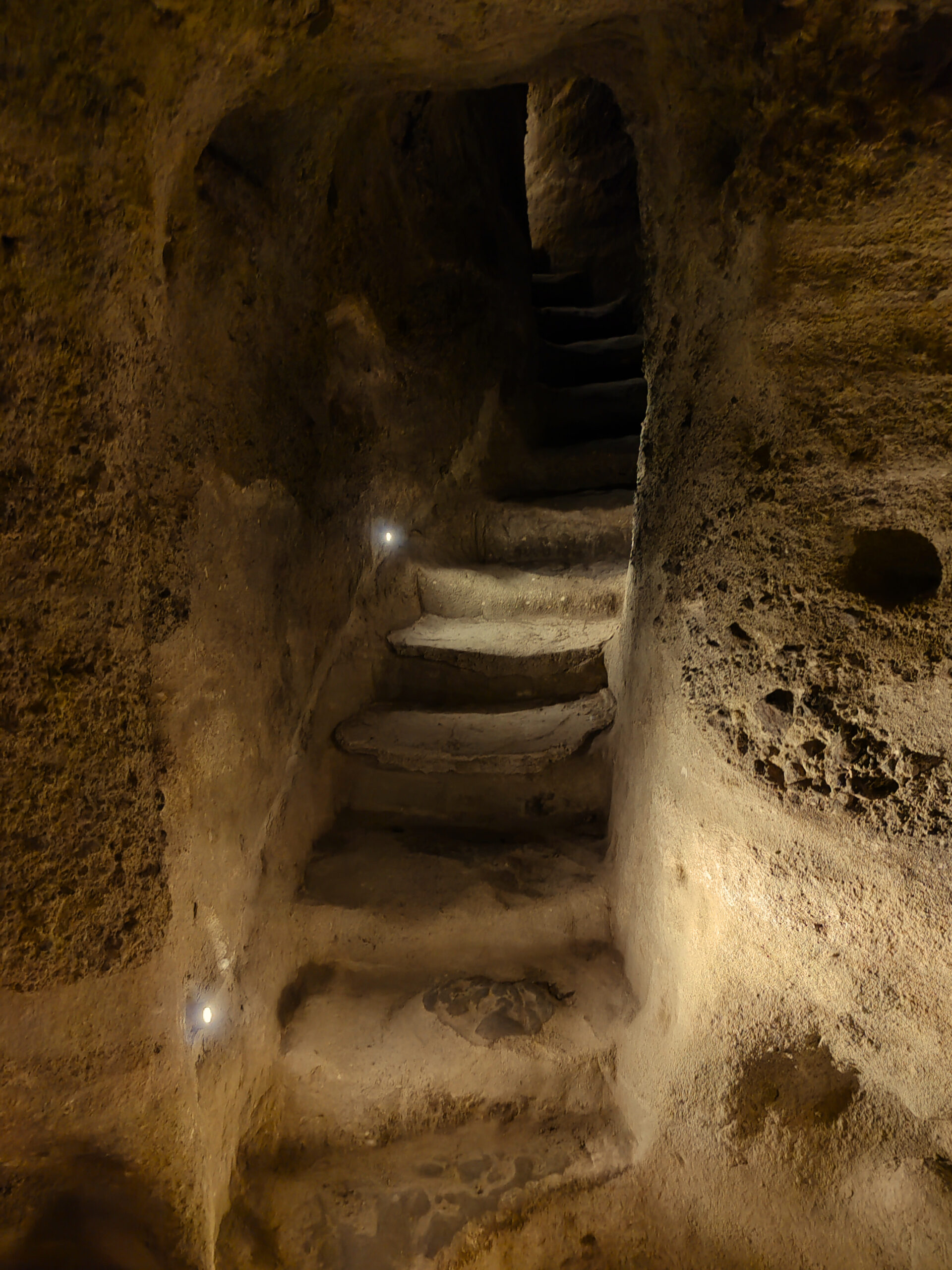
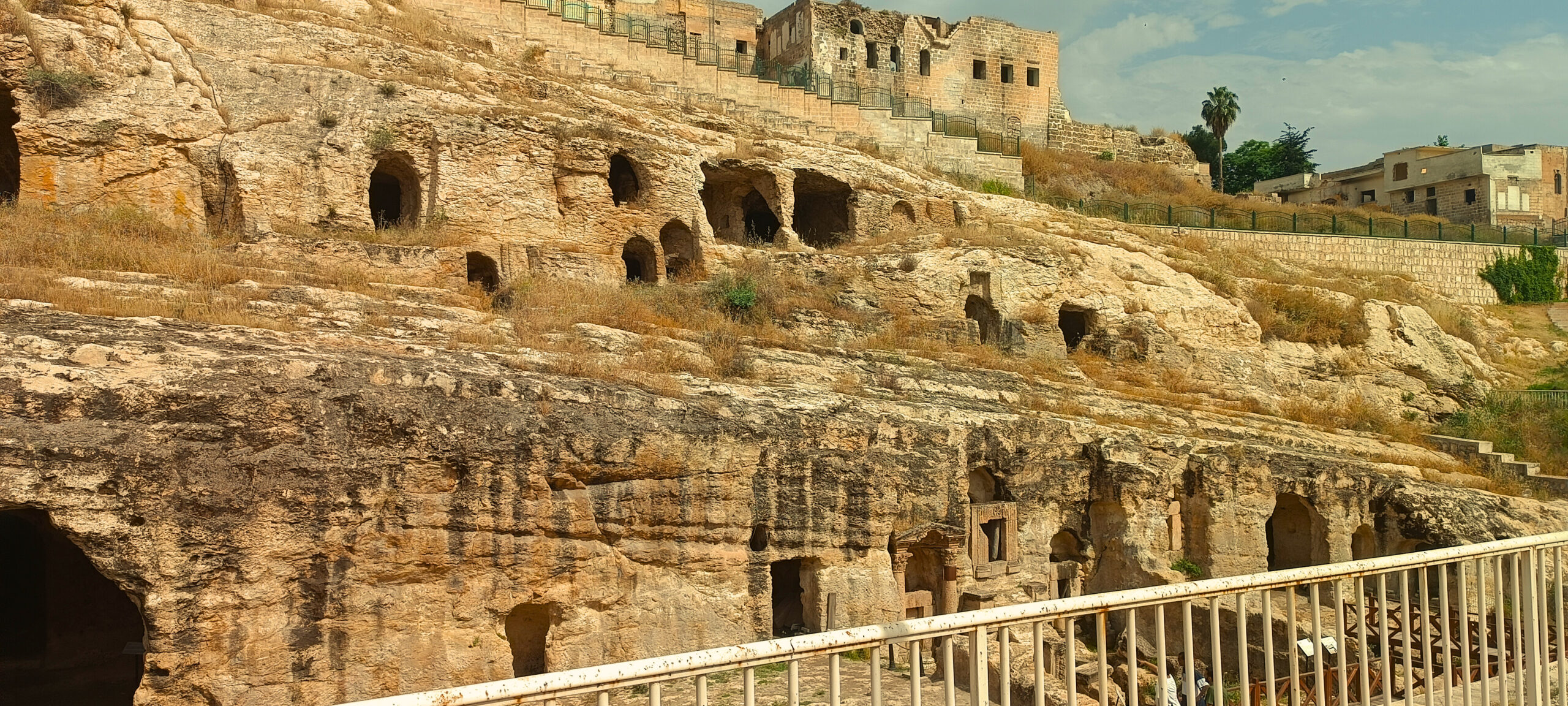
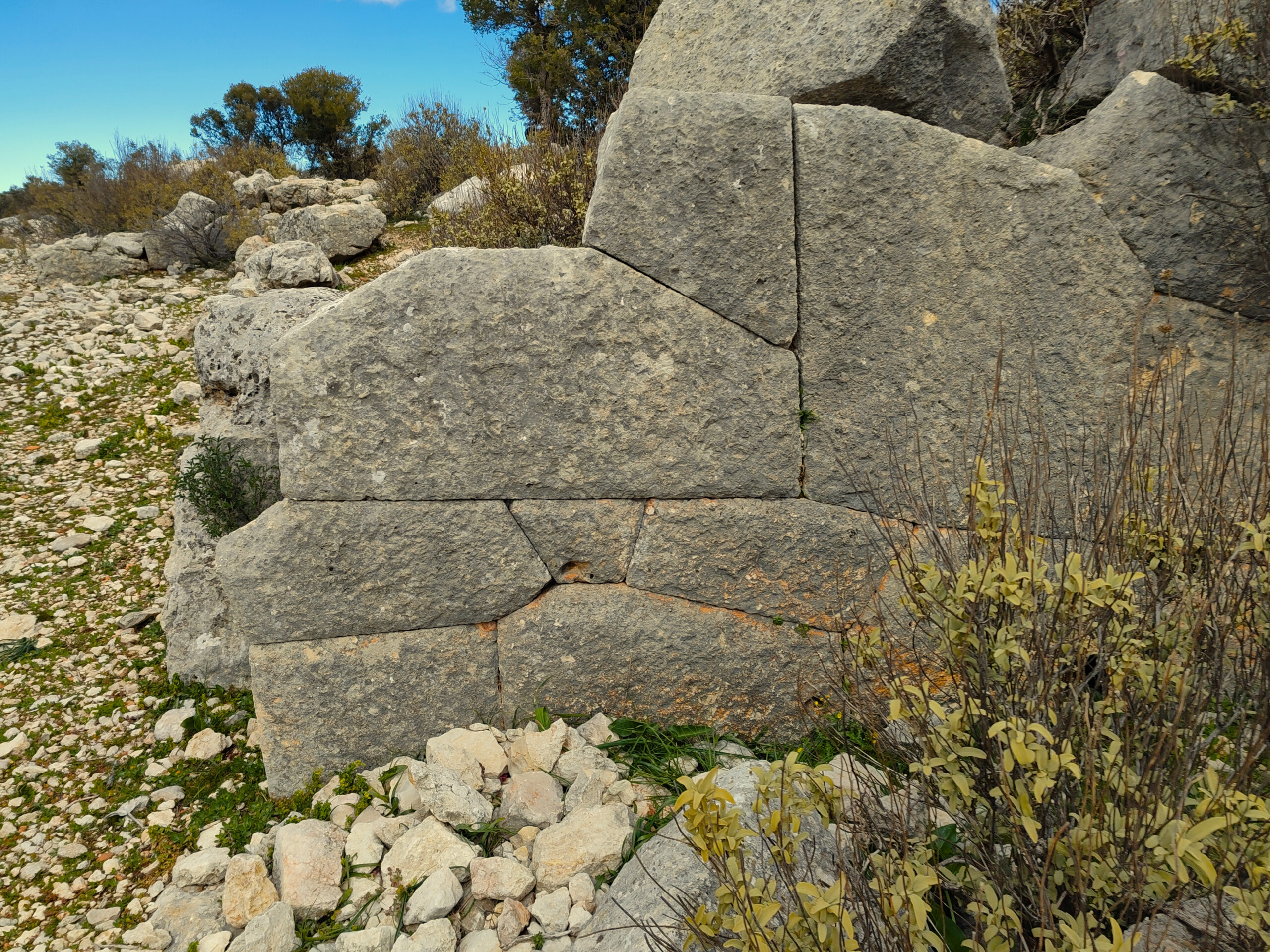
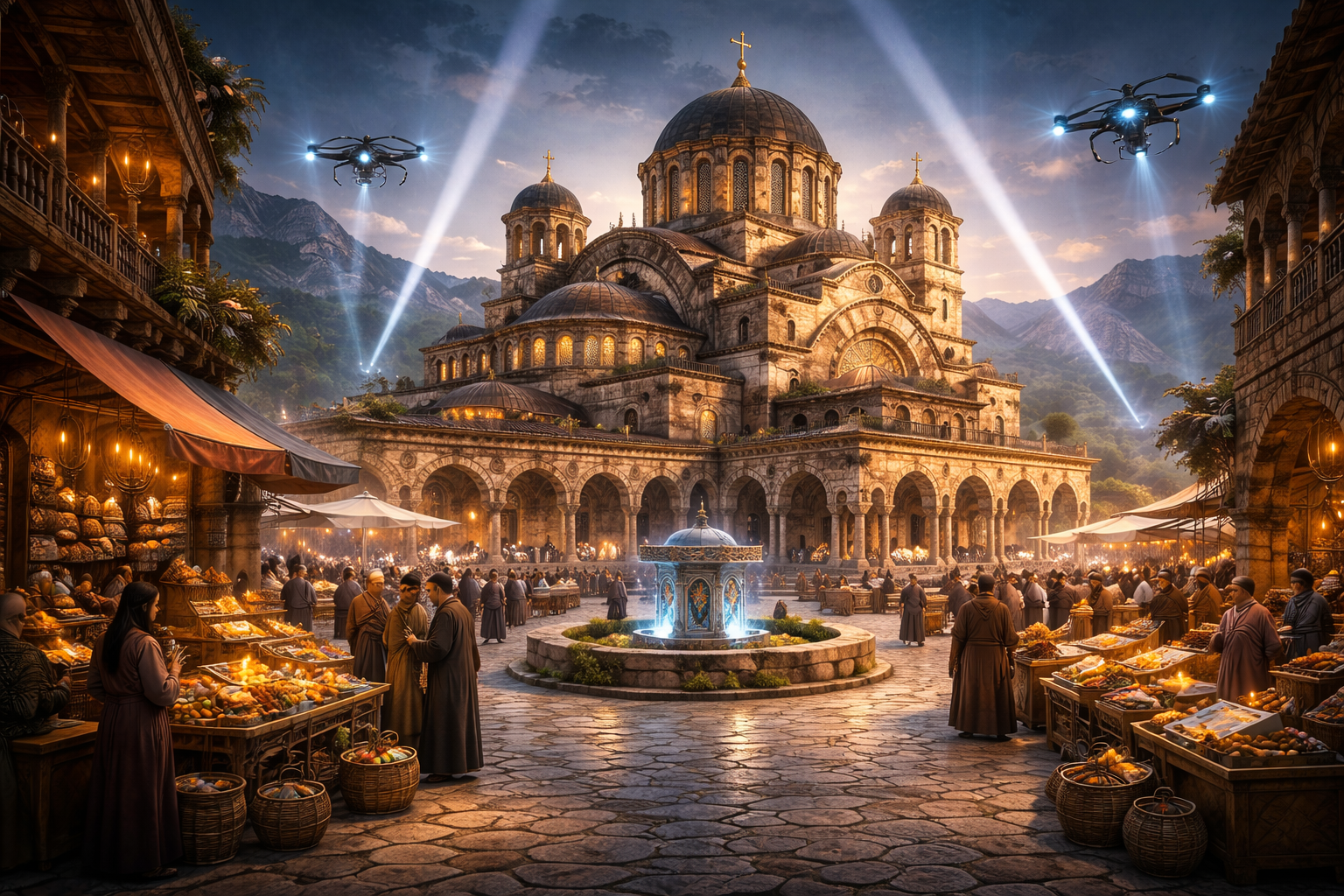


Leave a Reply